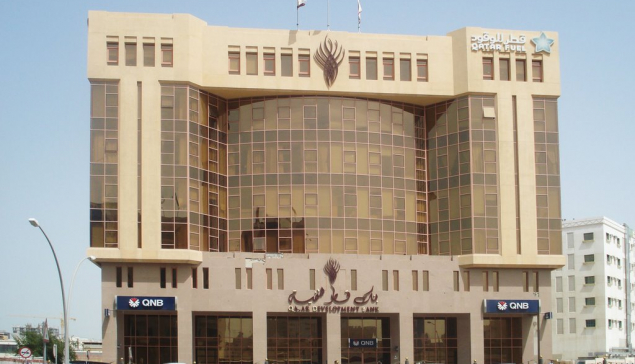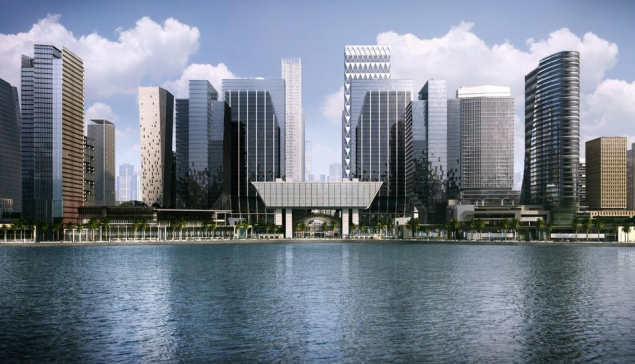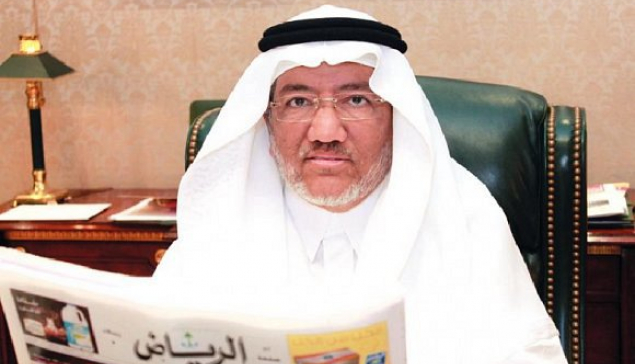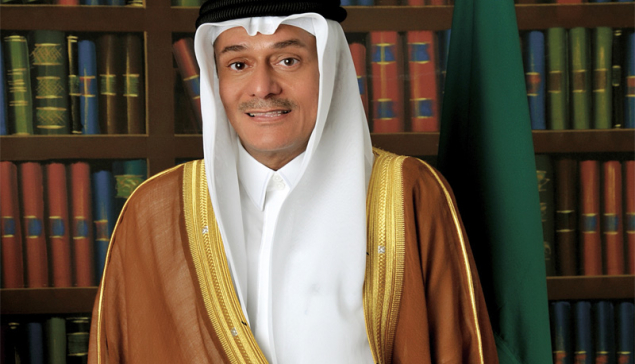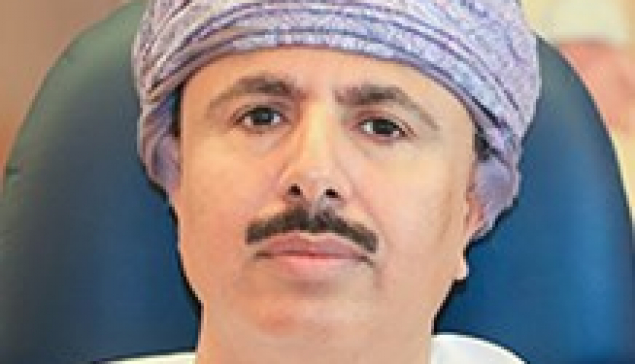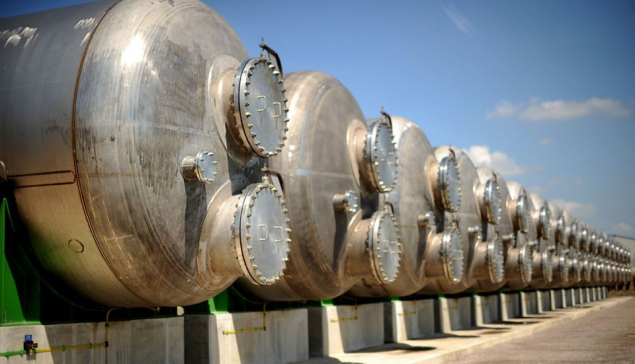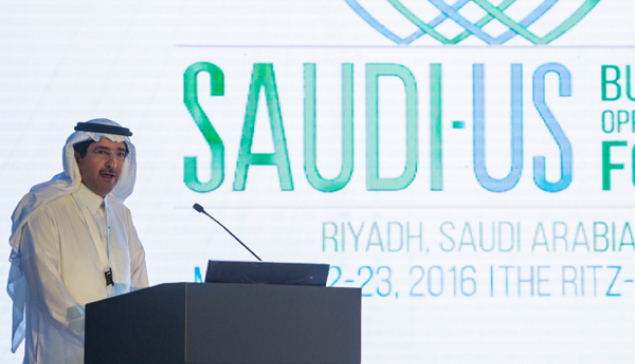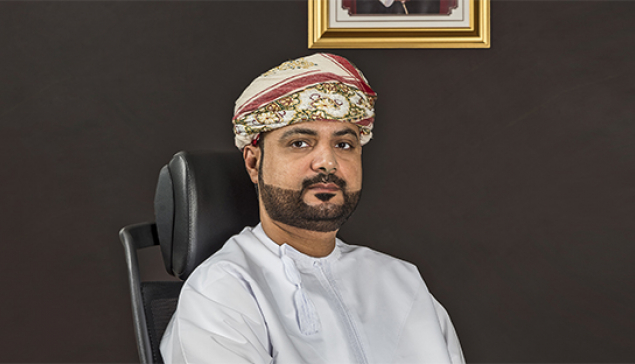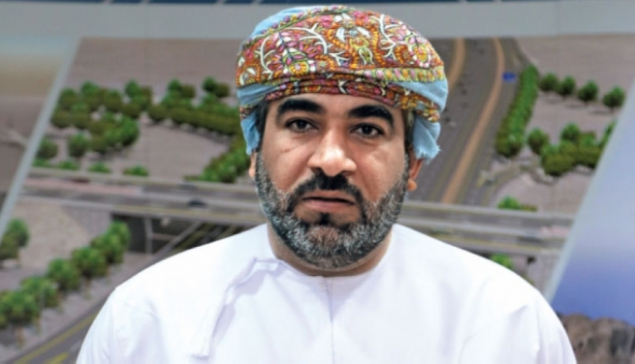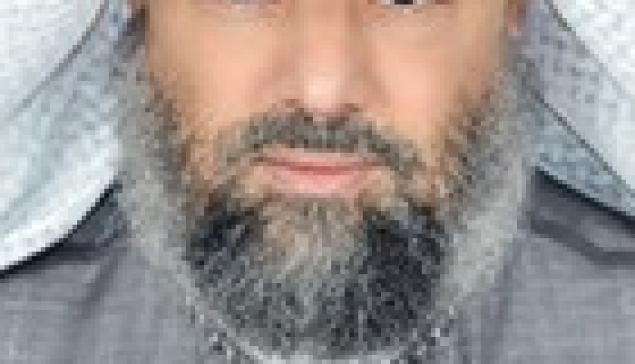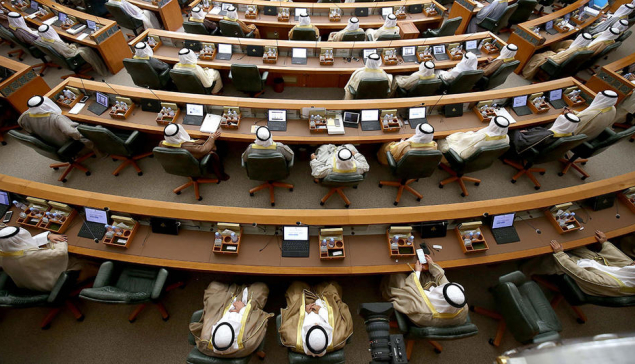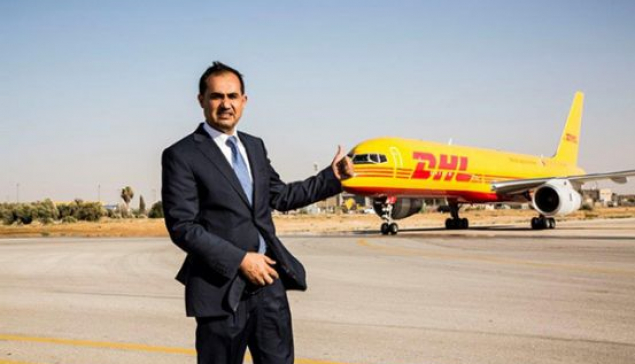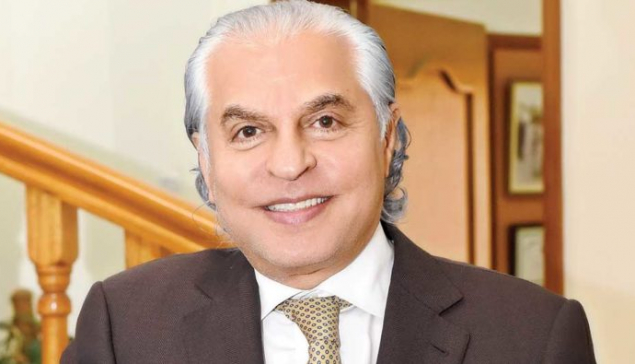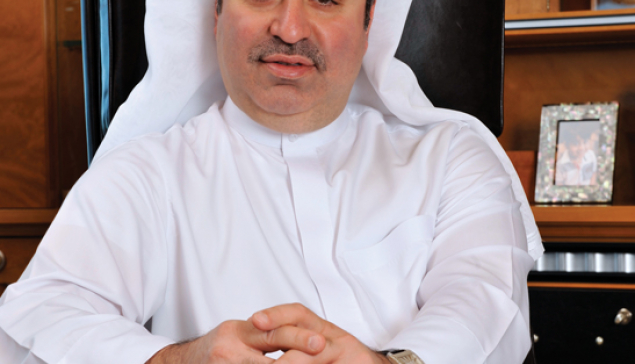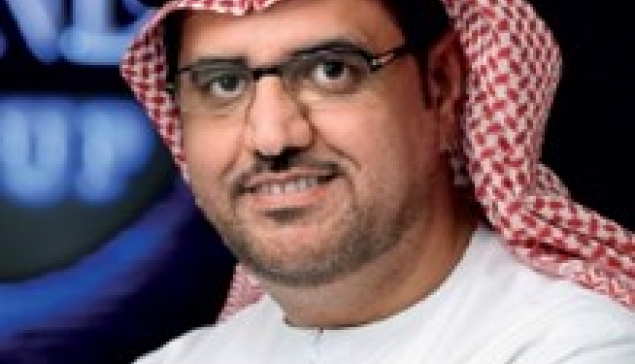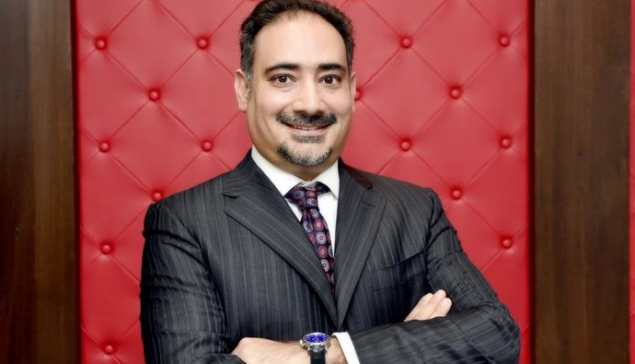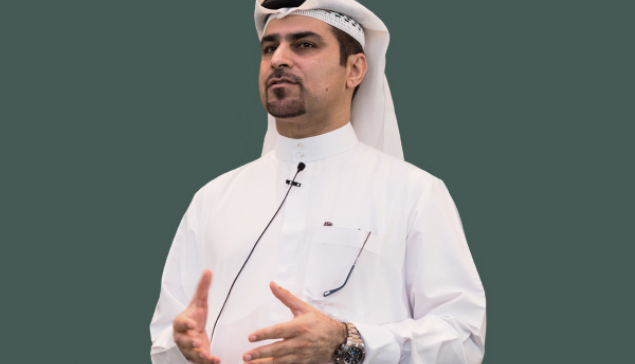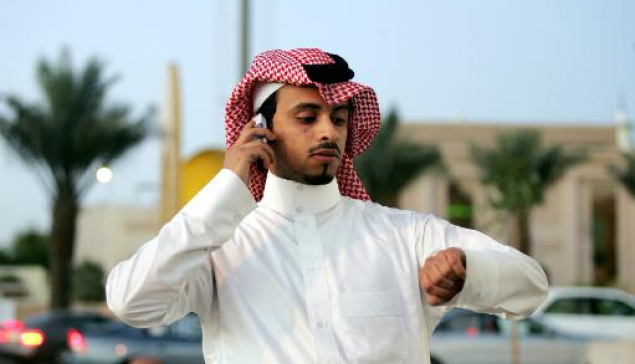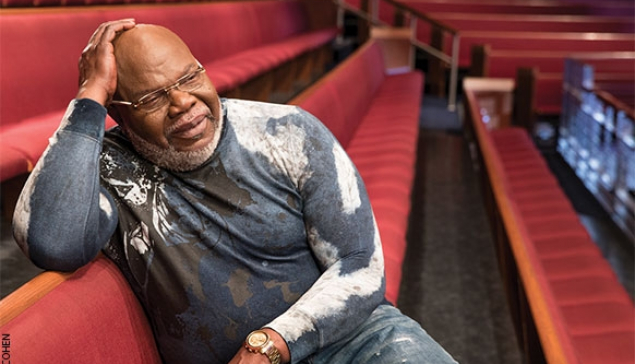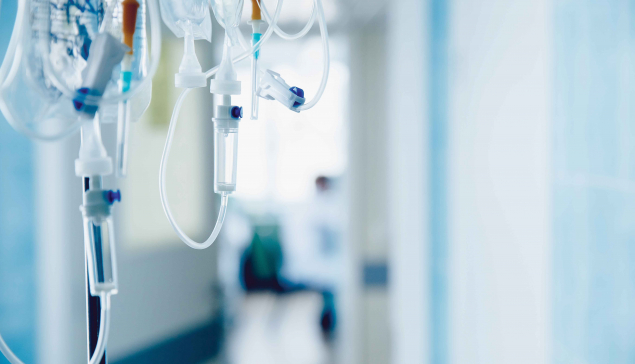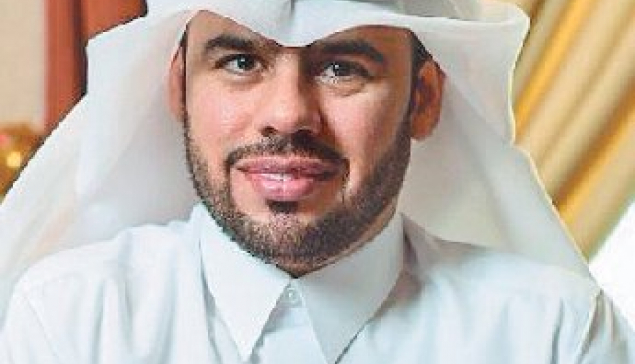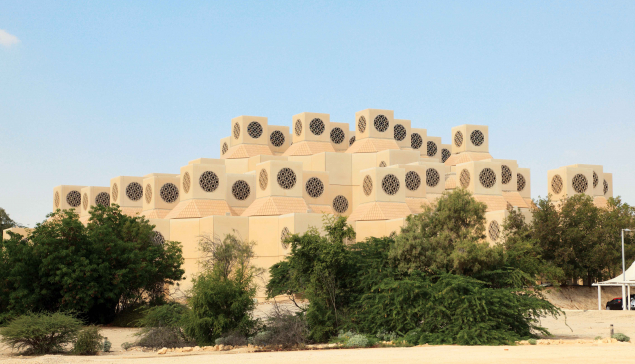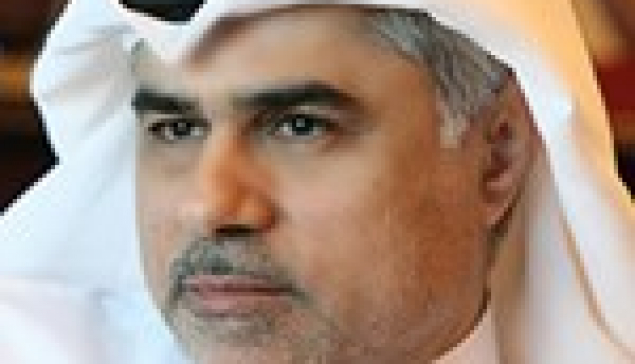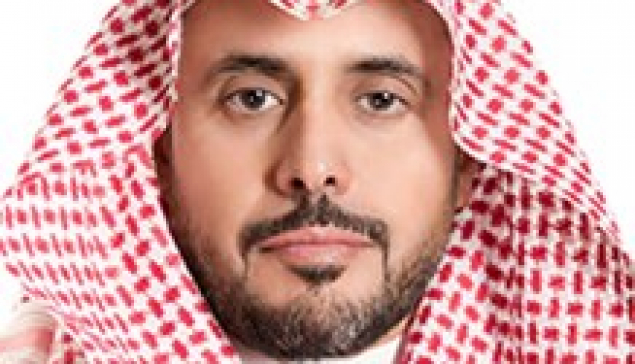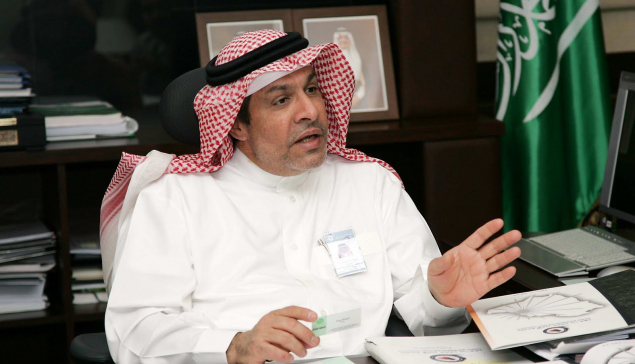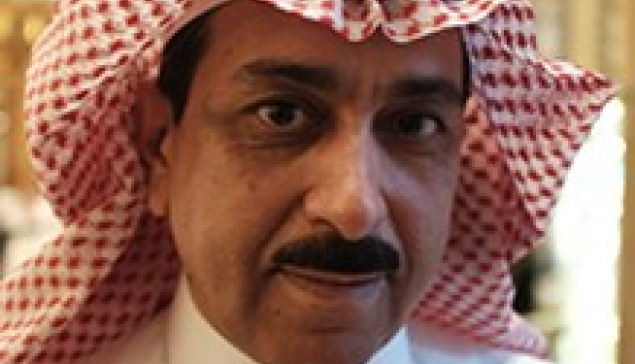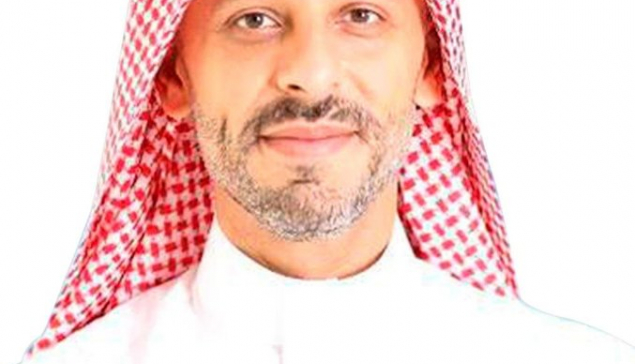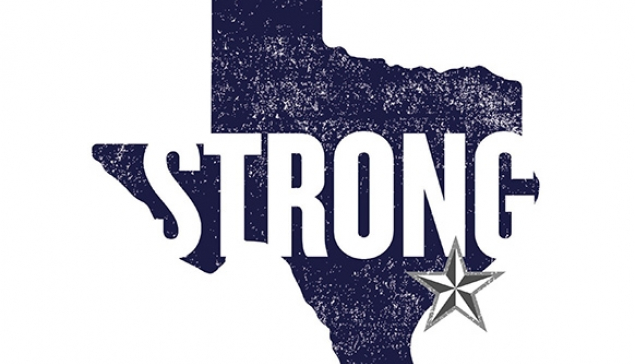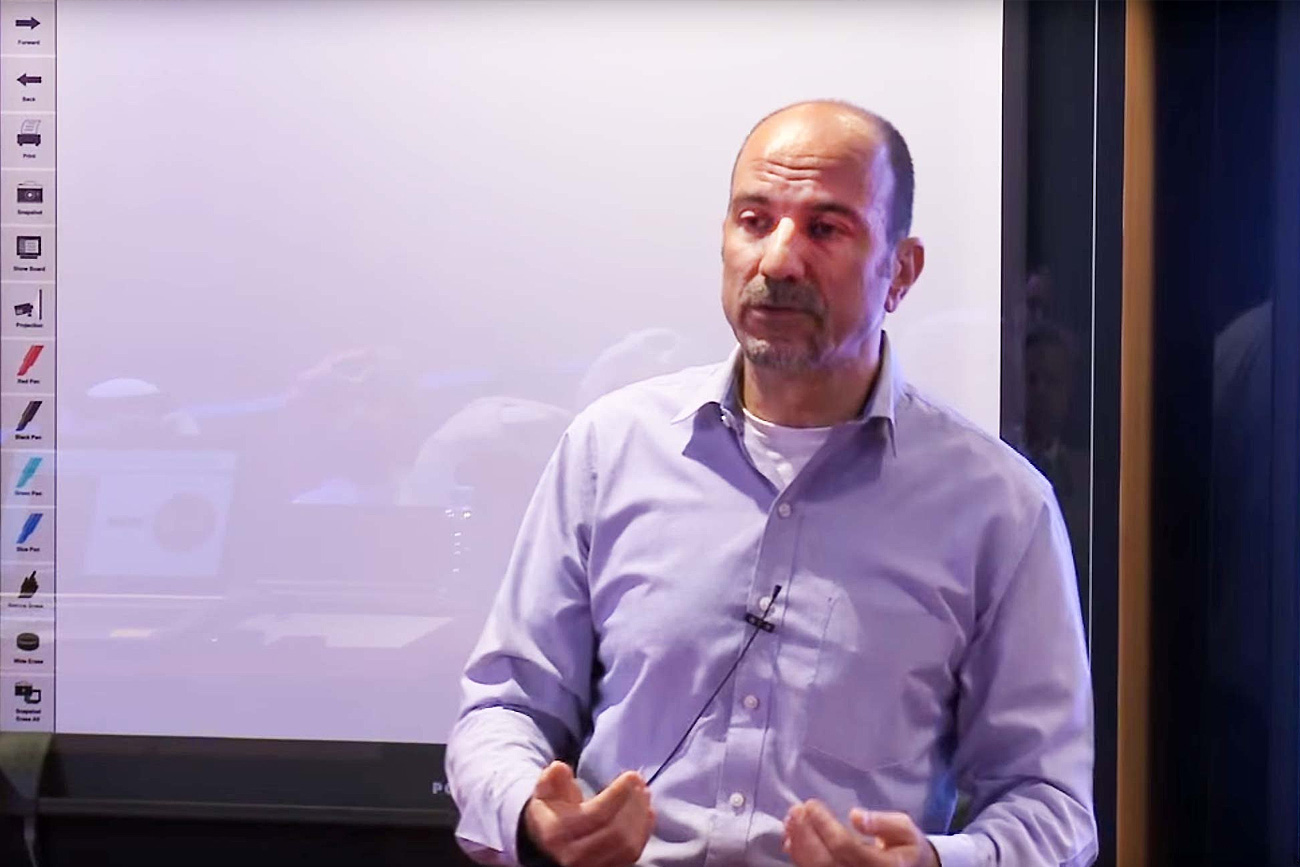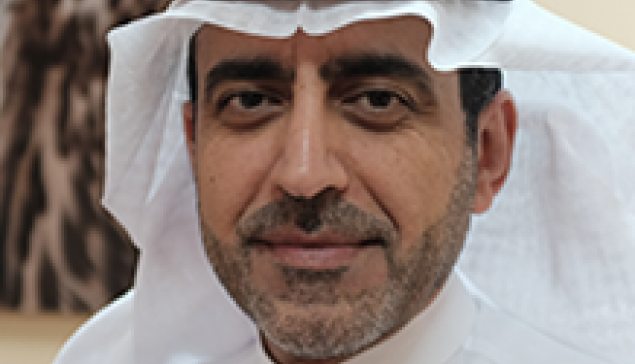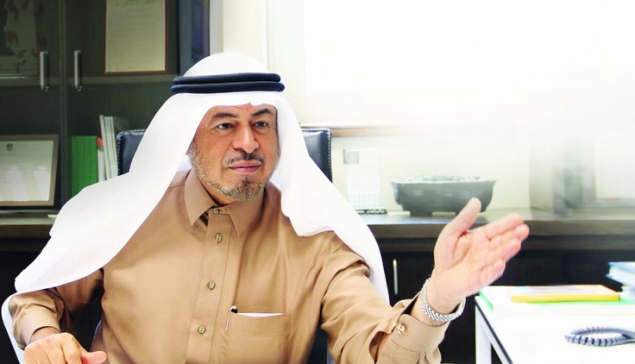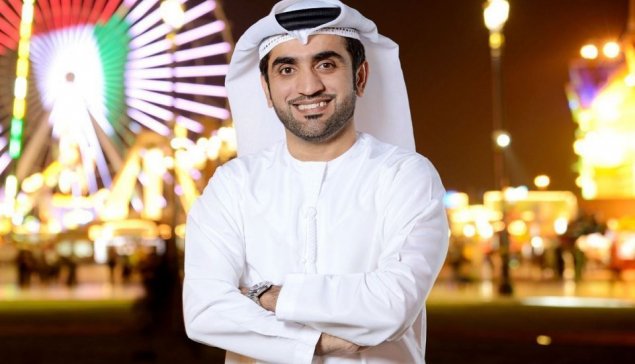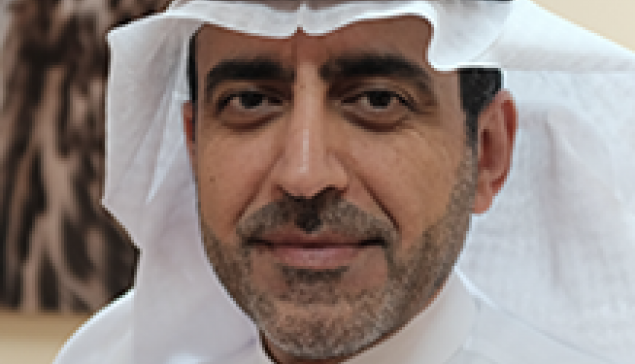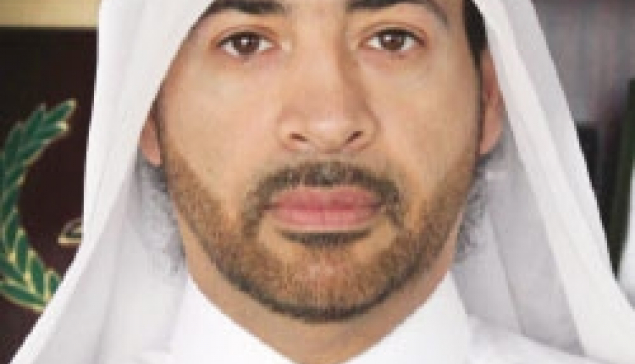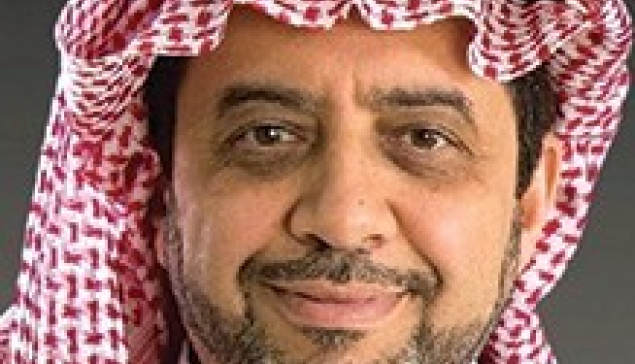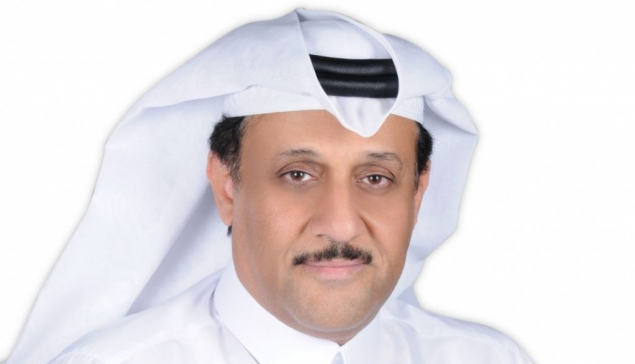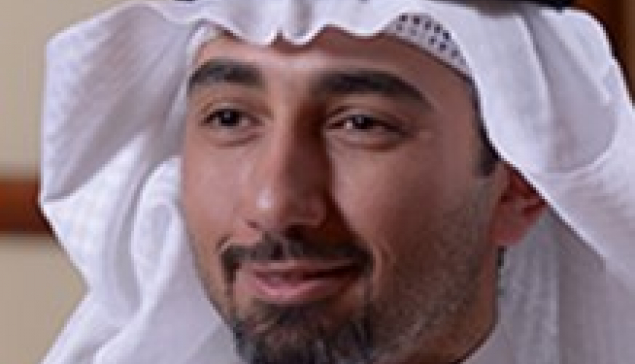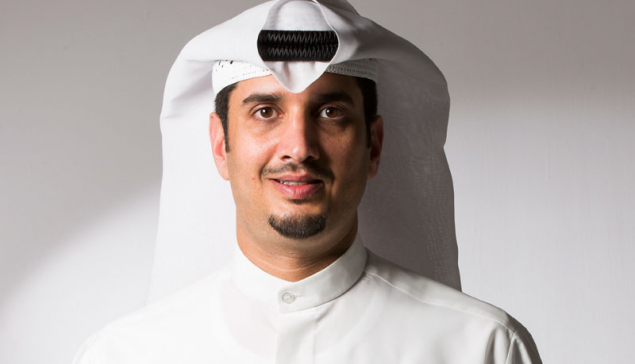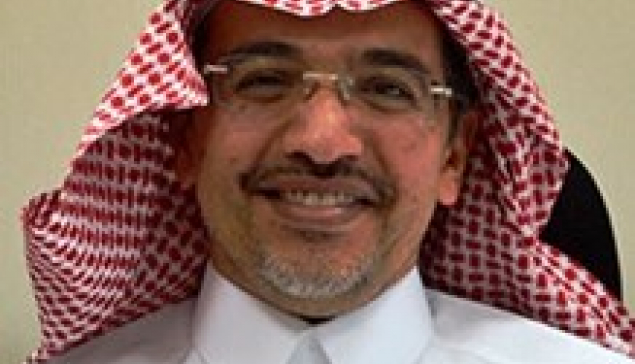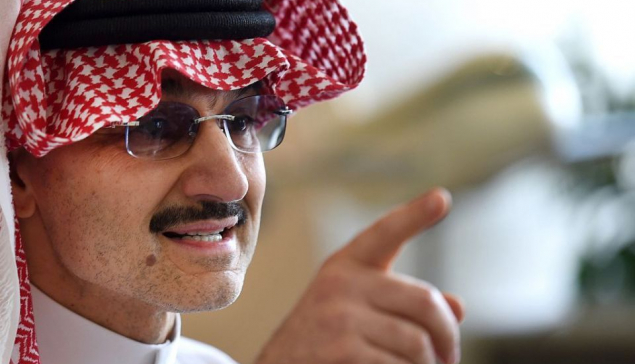- Super User
- Health
- Hits: 5168
ULTIMATE GOALS
With a growing population and non-communicable diseases on the rise, Qatar's healthcare market is expected to reach a value of USD8.8 billion by 2020.
- Super User
- Health
- Hits: 4588
FOSTERING AN INNOVATION ECOSYSTEM IN QATAR
TBY talks to Dr. Maher Hakim, Managing Director of Qatar Science & Technology Park (QSTP), on the social impact of technology, the start-up environment, and the future of Qatar.
- Super User
- Health
- Hits: 4432
PATIENT FIRST
TBY talks to Khalid Al-Emadi, CEO of Al-Ahli Hospital, on launching its medical program, demand for in vitro services, and short-term goals.
-
Dec 17, 17:45 pm
ULTIMATE GOALS
-
Dec 03, 23:28 pm
FOSTERING AN INNOVATION ECOSYSTEM IN QATAR
-
Sep 21, 09:42 am
PATIENT FIRST
- Super User
- Health
- Hits: 2260
57% OF CORNEA TRANSPLANTS IN SAUDI ARABIA ARE DONE BY KKESH
TBY talks to Dr. Abdulaziz Ibrahim AlRajhi, General Executive Director of King Khaled Eye Specialist Hospital (KKESH), on the Saudi healthcare system, the Vision 2030 reforms, and plans for the coming year.
- Super User
- Health
- Hits: 2083
SPACE TO CREATE
TBY talks to Sobhi Batterjee, CEO & President of Saudi German Hospital, on the growth and development of its operations and the healthcare sector in Saudi Arabia.
- Super User
- Health
- Hits: 2013
Dubai's Global Village is ready to go global
CEO Ahmad Hussain Bin Essa has plans to spread the family entertainment brand around the world.
- Super User
- Health
- Hits: 2005
57% OF CORNEA TRANSPLANTS IN SAUDI ARABIA ARE DONE BY KKESH
TBY talks to Dr. Abdulaziz Ibrahim AlRajhi, General Executive Director of King Khaled Eye Specialist Hospital (KKESH), on the Saudi healthcare system, the Vision 2030 reforms, and plans for the coming year.
- Super User
- Health
- Hits: 2491
THE STATE OF HEALTH
TBY talks to Dr. Ahmed Mohammad Al Sulaiti, Chairman of Qatar Pharma, on the health sector.
- Super User
- Health
- Hits: 2012
Saudi health sector to be corporatized by 2030
TBY talks to Dr. Khalid Bin Mohammed Al Shaibani, Deputy Minister for Planning and Health & Director of Vision Realization Office, on privatization, new technologies, and objectives for 2017.
- Super User
- Health
- Hits: 2057
HEALTHY BITE
TBY talks to Saleh Mohammed Al Shanfari, Chairman of A'Saffa Foods, on expanding local production and shifting consumer food trends.
- Super User
- Health
- Hits: 2006
SYSTEM UPGRADE
TBY talks to Dr. Khalid Al-Subai, Acting Executive Director of Qatar Environment and Energy Research Institute (QEERI), on international partnerships, creating a technological economy, and establishing Qatar as a leader in R&D.
- Super User
- Health
- Hits: 2261
2017 Healthcare reforms in saudi arabia key focus of al dar hospital.
TBY talks to Dr. Hussain Abdulghani, CEO of Al Dar Hospital (Medina), on the establishment of the institution, working toward Vision 2030, and collaborating with overseas organizations.
What is Al Dar Hospital's background and what services does it provide?
Al Dar Hospital and the healthcare business represent a sister firm of our holding company, AGH Group. The group developed the idea to invest in healthcare in 1982, and we established our first hospital, which had a 35-bed capacity, back in 1986. Between 1986 and 2003 that hospital was the main piece of our healthcare strategy. In 2003, we began to develop new plans and built a new main building here and began operations in our new location in 2007. Now, we are exploring options to expand the facilities further and there are several developments in the pipeline. In terms of our healthcare focus, we are a more general hospital in terms of medical specialties. We focus on providing as many specialties as possible, and we have three centers of excellence in the hospital. We have tailored our offerings to mirror that several diseases currently afflicting Medina's population, including diabetes, obesity, and heart disease and focus on offering excellent services in each of these areas. We also have a center for neuro and spine surgery and orthopedic surgery, which treats many of the elderly and road accident victims in the area. We have 260 beds, but in two years we will expand to 300. We have strong collaboration with the MoH through long term patient referral program. We receive MoH patients in the largest ICU unit in the region, with around 120 ICU beds, including those in the adult, pediatric and neonatal units. In addition, we have strong connections in Medina and Riyadh, reaching all the way the decision makers. We can participate with and give feedback regarding health care reforms and offer our 30 years experience in the business. At a group level, AGH Group is investing in healthcare, education, and manufacturing, specifically escalators and elevators since 1974.
How much of your growth strategy is aligned with Vision 2030?
We are trying to advance the cooperation between the private sector and the public sector in terms of providing healthcare, and this is a key part of Vision 2030. We support the Ministry of Health's goals, which call for the government to become more actively involved in regulation and oversight rather than ownership and operations of healthcare facilities. I see great opportunity to bridge gap in providing care including shortages in beds and manpower to operate medical facilities in Medina by implement this vision, but the mechanism is still in need of adjustment and development. Through our monthly meetings with the government, we ensure that our strategies and operations are highly coordinated. It will take time to implement all these ambitions, but the most important issue is the development of a clear plan of action. The government has introduced nine initiatives and areas of operation for privatization, but there are still issues that need to be ironed out. The government needs to figure out how it wants the private sector to begin carrying out its initiatives. We need a clear vision for how we are to proceed. The government still needs enact legislation that makes the tender processes clear. For instance, we are currently preparing a plan for operating the new Madinah General Hospital (500 beds) with our Canadian and Malaysian partners, however, unclear, and bureaucratic procedures are hindering the progress. The government wants to privatize, but it still needs to develop a framework for how to do it.
To what extent are you targeting Hajj and Umrah pilgrims, and other international visitors?
We are interested in offering our services to pilgrims coming into Medina performing Hajj and Umrah. We tend to make contracts with Hajj and Umrah companies, which allow us to integrate pilgrimage travel services with medical services. These people opt to receive medical treatment in Medina for financial and spiritual reasons. We want to focus on these types of projects to expand awareness about our healthcare system, but some legislation needs revision and simplification for us to be able to effectively implement this.
What are your overall expectations for the year ahead?
We have great ambitions for 2017 emerge from our strength being a key player in reforming the healthcare sector in Saudi Arabia. However, we need to focus on other aspects to be an effective partner in the health care market. As a family business, we need to recruit the right people to take this family group to the next level. We need to go abroad as well as attracting global partners in healthcare to work with us in Saudi Arabia. We are still missing this piece. In terms of collaboration with MoH, we have concerns regarding taking this collaboration to next level. This include clear privatization plans, well defined mechanisms for hospitals operations, well defined national health care model, and accelerated payment system for MoH sponsored patients receiving care in private hospitals. Also, it is important to maintain the relationships and boundaries between care providers and insurance companies to ensure an effective financing system to avoid liquidity risks. On the international side, in 2016, we have tried to develop partnerships with firms abroad. We had meetings in Malaysia and North America to form collaborations with institutions in these countries regarding potential partnerships in hospitals management and operation. We went to Accreditation Canada International to receive international accreditation. We also have promising collaborations in the works for institutions in Turkey. We want to develop a consortium that includes international hospitals. We want to stimulate serious advancements in medical care and facilities in Medina including best available medical expertise to the local community by leveraging international connections. Looking ahead, before we expand we need to develop financing channels beyond the company, but this is unlikely. Perhaps I am being too realistic, but this is important. If we have a long-term vision and want to maintain our share, we have to be willing to trade equity for new investors or partners. We can expand our vision and our operations if we are willing to look to new sources for investment and partnerships that could reflect on a better quality of life in the region.
From thebusinessyear.com.
TBY talks to, Basil Alsalem, Managing Director & CEO, Gastronomica ME, on the food and agriculture sector.
- Super User
- Health
- Hits: 2059
CENTER OF EXCELLENCE
TBY talks to Dr. Saleh A Altamimi, CEO of King Saud Medical City, on the role of the institution and the future of care.
What is the main role that King Saud Medical City (KSMC) is fulfilling?
It has a long legacy. It was the first referral hospital ever built in Saudi Arabia. Although KSMC has most services, its core competencies are emergency care, trauma, orthopedics, burn, critical care, and dental care. Over the years, KSMC has played the role of safety net for Riyadh. We receive more emergency cases than any hospital in the Kingdom. Many of us were born here, including myself. For many years, most medical students in Riyadh had rotated at KSMC. It is very busy and students love that. KSMC is a main referral hospital for the Ministry of Health. Last year, 50% of acute care referrals within the Riyadh region came to KSMC. What we are trying to accomplish now is to be part of an integrated health system. KSMC and King Fahad Medical City are integrating to complement each other.
What are some of the centers of excellence that you focus on here?
Number one is trauma. KSMC aims to become a top level trauma center in the next 2-3 years. A lot of effort is being put into this project through a number of initiatives. One of them is building tower number three, which focuses on trauma and surgery. We have a large fund to build a state-of-the-art surgery and trauma center that is going to be built on a new plot of land we have recently acquired west of KSMC. We are heavily investing in training young Saudis in the best centers around the world and we are collaborating with a number of international partners in the US, the UK, Australia, and Canada to help us in training and transferring skills and knowledge. The second center of excellence is orthopedics. We probably have the biggest orthopedics service in the region. We have about 120 orthopedics beds. It is quite busy. Again, we are trying to develop orthopedics by bringing in new skills, upgrading services, and reaching out to the community in better ways. Number three is burns. We own one of the few burn centers in the Riyadh region. It is the biggest one and we are investing more and more into burn care. Our fourth center of excellence is the dental center. We provide comprehensive dental care and maxillofacial surgery free of charge for Saudis. The fifth center of excellence is critical care. We have a total of 150 critical care beds, the most in the Kingdom with a dedicated 40 beds for trauma ICU.
“KSMC aims to become a top level trauma center in the next 2-3 years."
Can you talk about your expansion plans?
This is very exciting. We are going to expand from 1,200 beds to 2,000 beds in seven year's time. Tower number two should be operating in six months. It will be a women and children's hospital. That will be really wonderful news for the community we serve because our current facility is very old. Tower Number three will be for surgery and trauma and it will have a large burn unit. Other new projects that will commence in the next 12-24 months are a 200-clinic dental center, a 300-clinic ambulatory center, and a parking building.
What are some of the main challenges for hospitals in Saudi Arabia?
A shortage of skilled professionals is the number one challenge everywhere in the Kingdom. Number two is the lack of integration in our healthcare system. Our patients suffer because of a lack of integration. No hospital could provide excellent care in all specialties. Today, there are 275 hospitals operated by the Ministry and there will be another 100-150 hospitals commissioned in the next five to six years. How are we going to operate all these new hospitals when most current hospitals are suffering from the lack of a skilled workforce? I strongly believe that the answer is in integration and sharing resources. Skilled professionals that are difficult to find should have privileges in more than one hospital. In other words, we should create multiple integrated health systems. We have started integrating with King Fahad Medical City (KFMC) and we have agreed that there will be services that will expand at KFMC and others that will expand at KSMC but they will complement each other. For example, if we diagnose a case of cancer, it will be referred smoothly to KFMC while trauma or burn case will be transferred to us.
What role do private hospitals play?
The private health sector is gaining market share very quickly for a number of reasons, mainly due to new medical insurance policies. All non-Saudis must have a medical insurance. Furthermore, the percentage of Saudis who have private medical insurance is on the rise. As you know, some of the big privately owned health systems have gone public. Not long ago, it was really unusual for a skilled Saudi professional to take a full-time job at a private hospital. That was considered an insecure job and not challenging enough. Now, it is totally a different story and this is a threat to the stability of public hospitals. I know many skilled Saudi physicians that have left public hospitals in the last one to two years to work full time in private hospitals. The private healthcare sector is offering very attractive packages, while public hospitals are stuck with a non-competitive fixed salary scale. This may be part of a natural progression toward a completely privatized national health system.
How do you see the role of public hospitals over the long term?
There is still a severe shortage in the number of hospital beds per capita compared to international benchmarks. And so, I think the partnership between the public and private healthcare systems is in the best interest of the community. Public hospitals have definitely not been able to attend to everyone, so having the private sector take a larger role is a good thing. We still have a huge problem with regards to access to care and waiting lists. Our ERs are usually full. Having fewer patients will allow us to improve quality. I believe the hospital of the future will have much more critical-care beds—at least 30% of total beds—with more patient procedures and care being provided as the outpatient level. There will be much more investment in home care to apply the “Hospital in the Home" concept. Future hospitals will integrate and share their skilled professionals. They will focus not only on the healing of the body, but also the mind and soul, by which patient-centered care will be the standard model. At least this is what I hope for.
From www.thebusinessyear.com.
- Super User
- Health
- Hits: 1868
Body Contouring: Get The Body You've Always Dreamed Of!
Body Contouring refers to any medical procedure that changes the shape of your body. Elite Plastic Surgery are here to explain...

